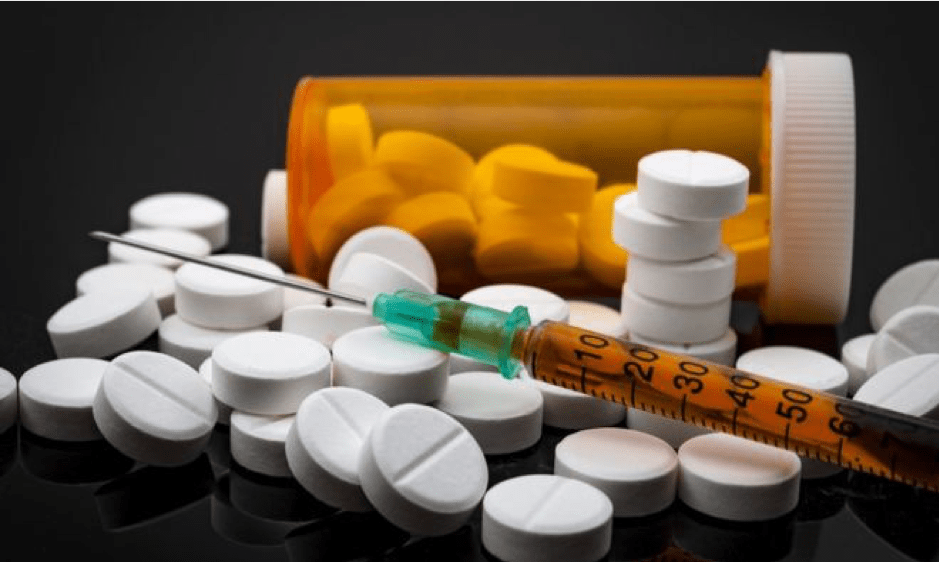By Alison Williamson
The SNP and the UK government are split on a decision to make the possession of drugs legal.
With drug-related deaths at an all-time high, specifically in Scotland, the SNP believe the time for a radical change in the law should be now.
In 2018, Scotland recorded the highest drug-related death rate in the EU at 1187; this was three times higher than the rest of the UK.
This figure means that Scotland has a higher death rate for drugs than what has been documented by the US, which was previously thought to be the highest rate in the world.
Due to this, the Scottish government has set up a task force to tackle the matter with the aim to focus on the ‘preventative and after-care treatment’, believing that this will stop people from relapsing or even starting to use drugs in the first place.
However, Scotland does not have much say in these matters, as powers regarding these policies still lay in Westminster.
This has led to a standoff between both governments as they stand on different sides of the fence.
A Home Office spokesman said, “The decriminalisation of drug possession in the UK would not eliminate the crime committed by the illicit trade, nor would it address the harms associated with drug dependence and the misery that this can cause to families and communities.”
The SNP unanimously agreed that the current plan is ‘not fit for purpose.’
Alison Thewliss, the SNP’s Glasgow Central MP, has labelled the UK governments attitude toward the issue as ‘simply appalling.’
“People are dying on our streets and the risk to the general public from discarded needles and the transmission of blood borne diseases is very real – yet the Tories at Westminster sit on their hands.”
As a result, the party have launched an official policy to use the powers to battle the war on drugs; if the powers were devolved to Holyrood.
In England, the problem is just as severe. There was an increase in deaths of 16% from 2017 to 2018, as a result of drug use.
These statistics have the Health and Social Care Committee urging the government to make a change now.
The ‘radical new approach’ from the committee would see the possession of drug offences changed, from a criminal, to a civil matter.
Committee Chairman and Liberal Democrat MP, Dr. Sarah Wollaston, believes that this rise in deaths is turning into that of a ‘public health emergency’.
“Every drug death should be regarded as preventable and yet across the UK the number of drug-related deaths continues to rise.”
Despite this, MPs believe that this approach would not be effective. The government think that this change would need to include more investment in harm reduction, support and treatment services, specifically for addiction.
The committee of Health and Social Care are pushing for responsibility to be moved from the Home Office to their own department, in a bid to quickly change this ever-growing statistic as they want an end to the recent cuts into drug treatment services, and for sufficient funding which deals with different aspects to the problem.
Dr. Emily Finch, the Vice-Chair of the Addictions faculty at the Royal College of Psychiatrists, backs the new approach and thinks that the ‘increasing number of people dying from addiction shows the government’s approach to treating addictions is failing.’
Despite this, the Home Office refuse to give permission for changes, like the trial of safe consumption rooms; where users take drugs in a controlled and safe environment.
The existing legislation and any current changes still rely on Westminster to pass them. Other countries such as Germany, Spain, Switzerland, Canada, and especially Portugal, have succeeded in changing, for the better, by loosening their attitude towards drug possession.
However, there seems to be no sign for a change in the UK, despite this rise equalling the scale of a ‘public health emergency’.

